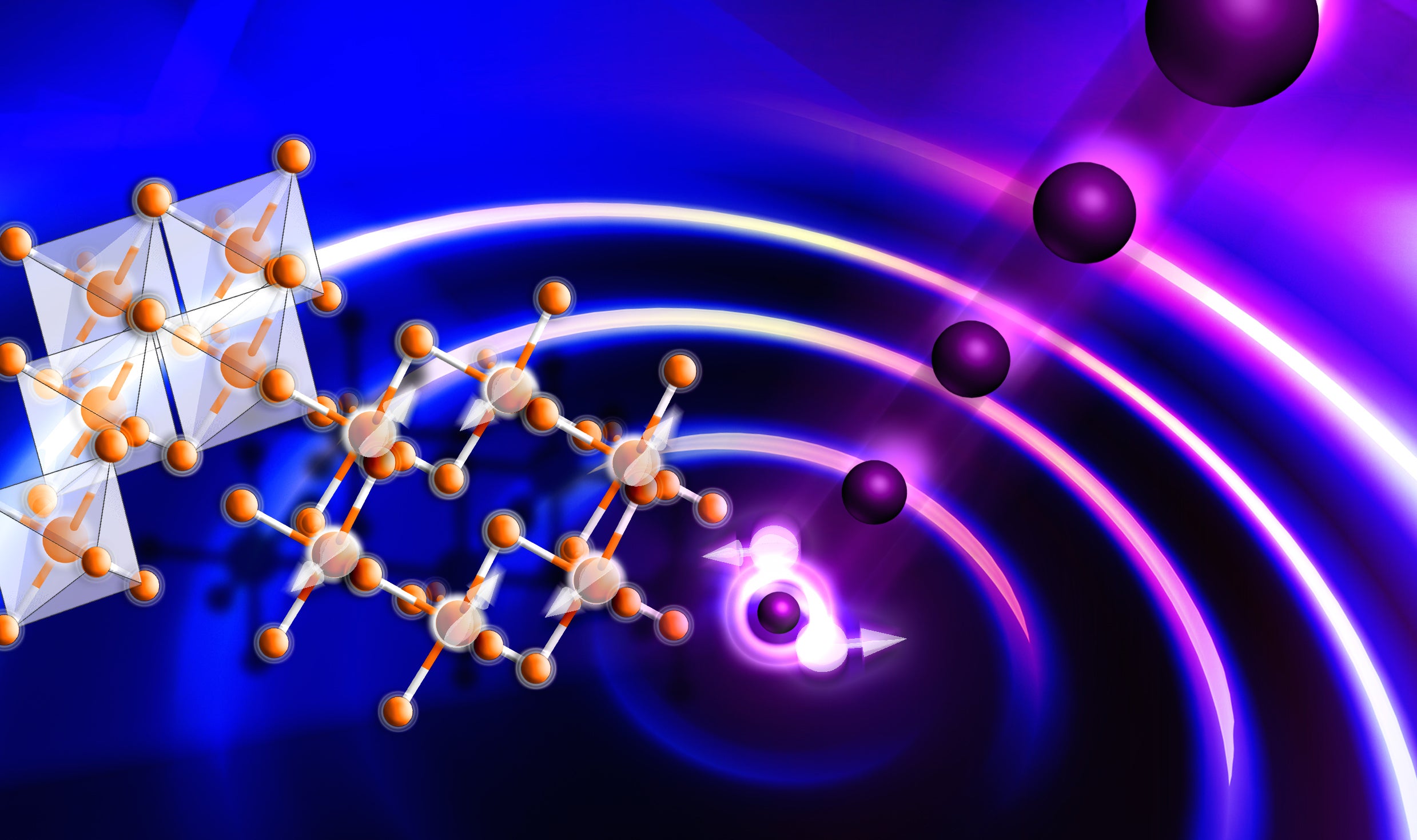Researchers Just Discovered a New State of Matter
Source: Ria Misra
 Patterns formed by bombarding materials in a quantum spin liquid state with neutrons / Genevieve Martin, Oak Ridge National Laboratory
Patterns formed by bombarding materials in a quantum spin liquid state with neutrons / Genevieve Martin, Oak Ridge National Laboratory
Scientists have theorized for decades that an additional state of matter exists, but despite tantalizing hints to its presence, details about this mystery state have remained elusive—until now.
A new paper in Nature Materials by researchers at Oak Ridge National Laboratory and the University of Cambridge details how physicists were finally able to catch a glimpse of the predicted quantum spin liquid, and the strange fermions that accompany it.
So, how did they do it—and just what is quantum spin liquid? Quantum spin liquid is a phase where electrons actually fracture apart—and begin to behave very strangely. As Gizmodo previously reported:
“We usually consider electrons to be fundamental particles, that is, indivisible into smaller components. But things get weird when you get down to two dimensions. In this space, quantum mechanics allows an electron to split into two (or three) smaller components, each carrying a fraction of the charge. They’re like bubbles that form in a quantum liquid.”
This video shows how similar processes work:
Normally, electrons in a magnetic field will align themselves so that as the material’s temperature approaches absolute zero, the electron poles will eventually face the same direction. Quantum spin liquids throw all of that out the window with the presence of Majorana fermions, which occur when electrons in a quantum spin state literally break apart. This creates strange patterns so hard to predict that, until this experiment, scientists weren’t even sure just what those patterns might look like.
By using neutron scattering on a graphene-like material, however, researchers were able to get a look at that pattern, and to finally confirm what paper coauthor Johannes Knolle described in a statement as “a new addition to a short list of known quantum states of matter.”
So, just what can we do with this new quantum state of matter—besides start updating our textbooks? The researchers also say that the Majorana fermions could eventually have some major quantum computing applications although, at least for now, simply even managing to see them is still an incredible challenge.
| }
|